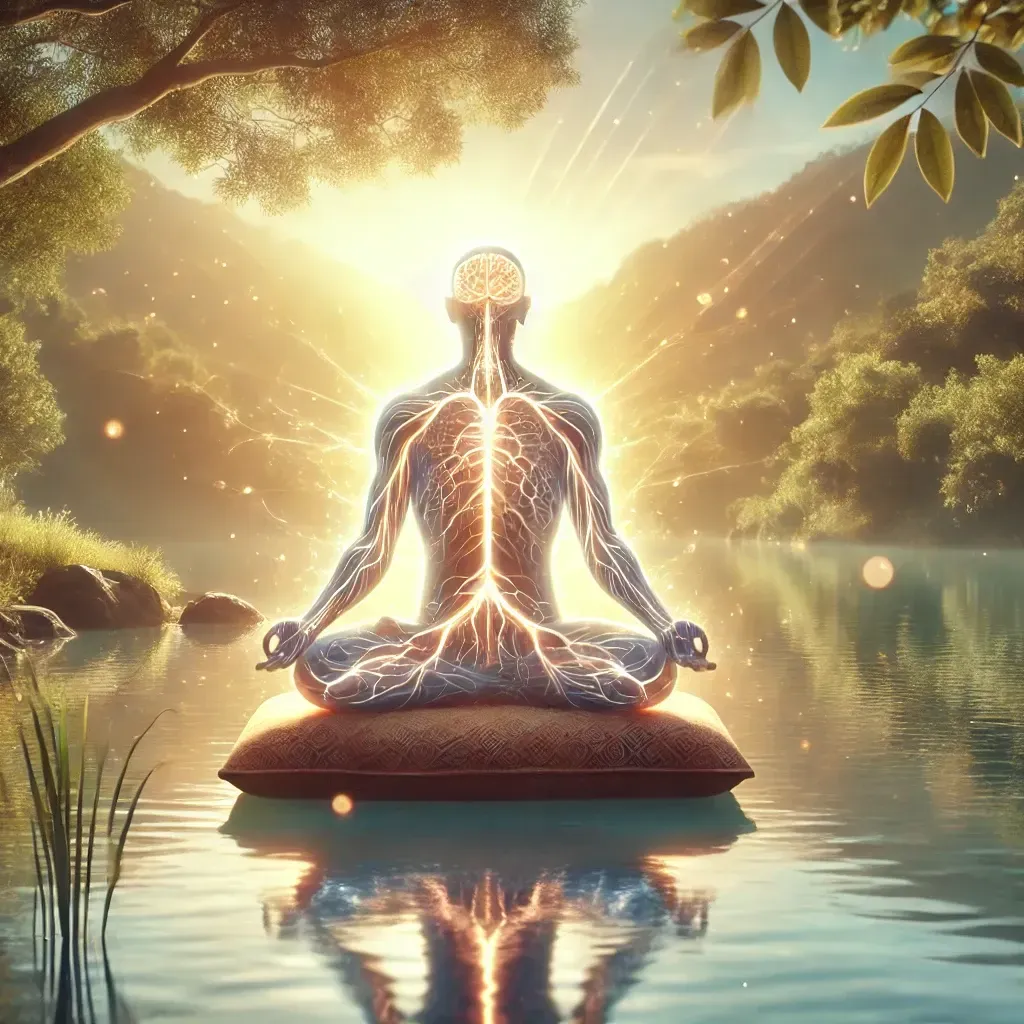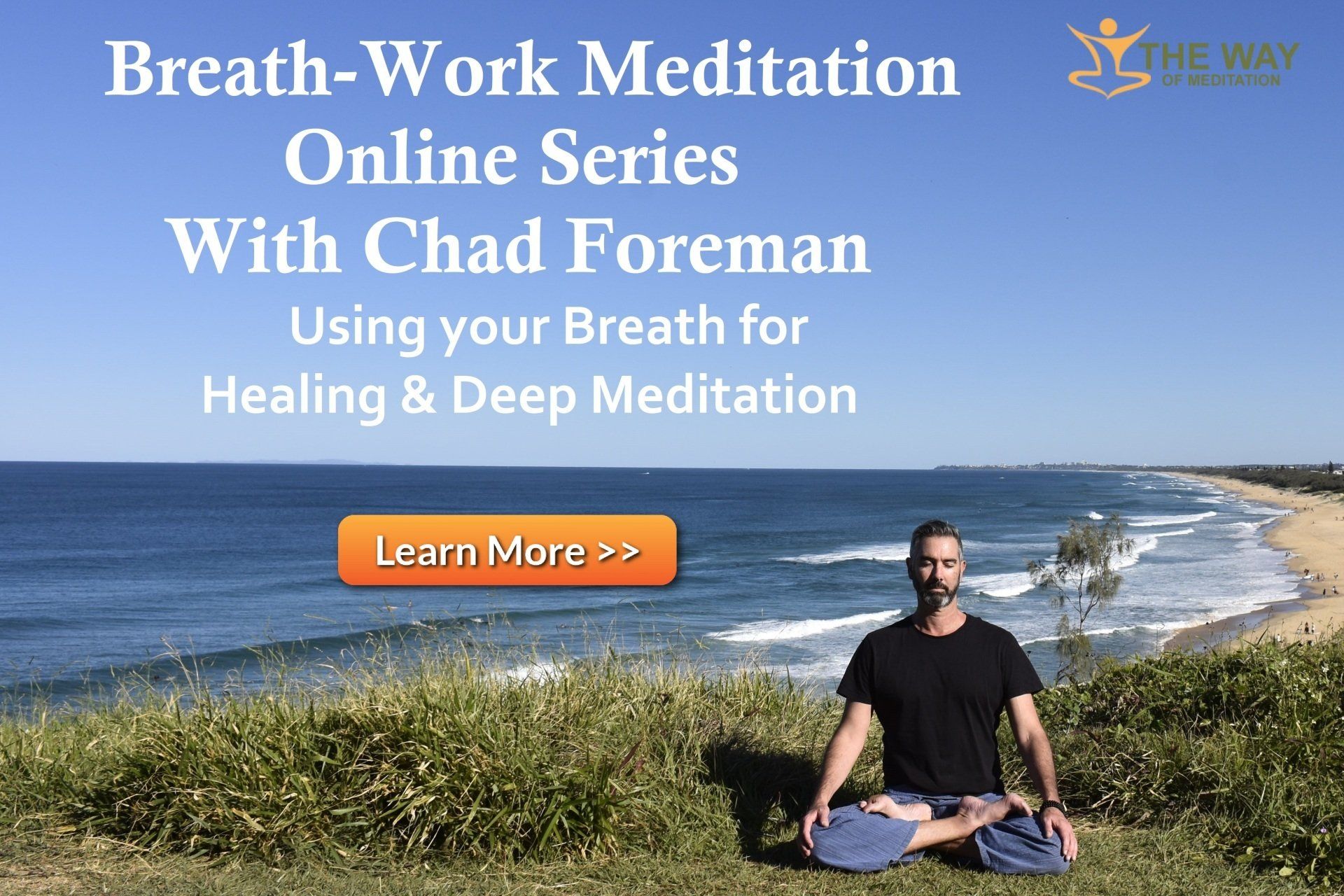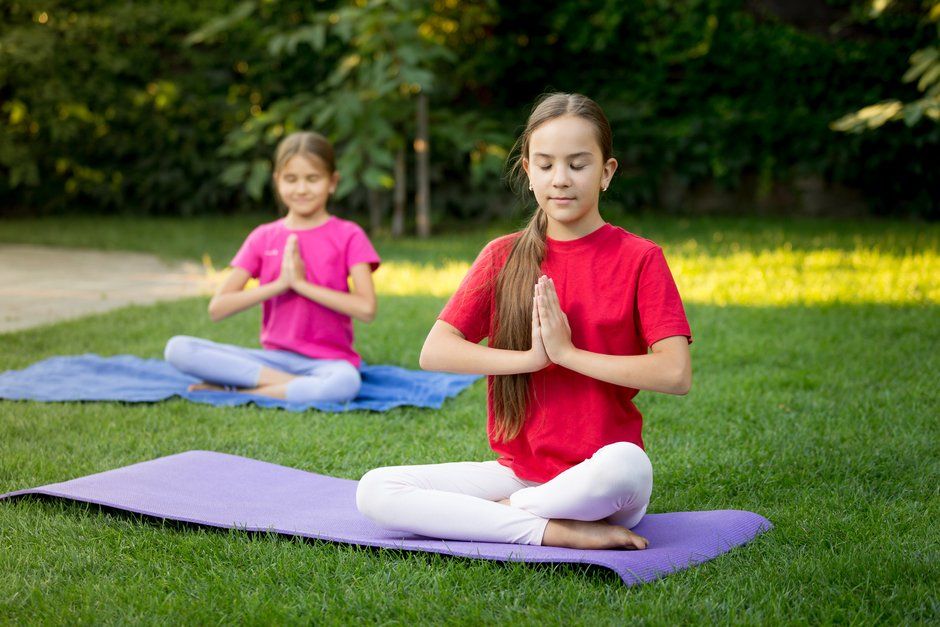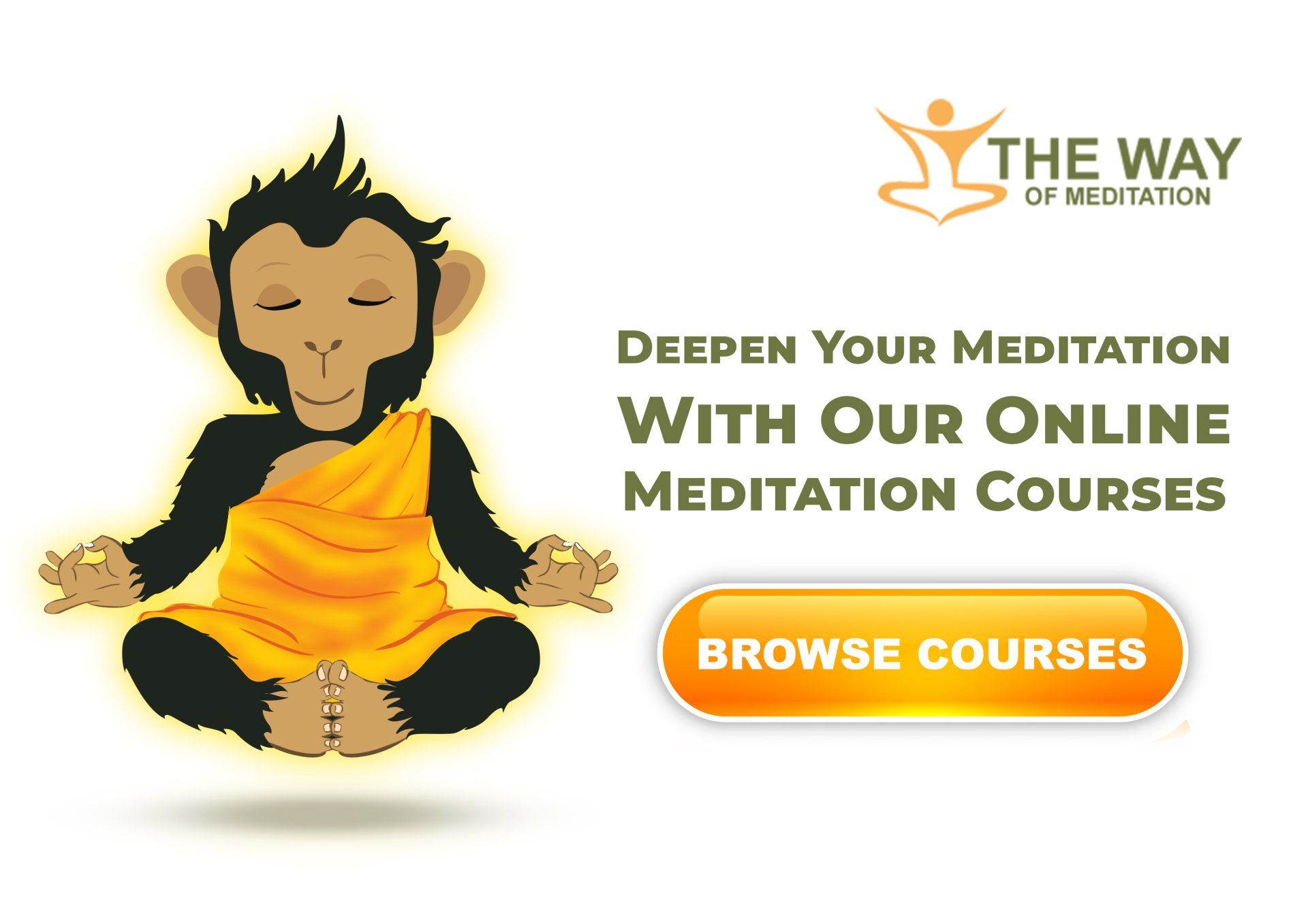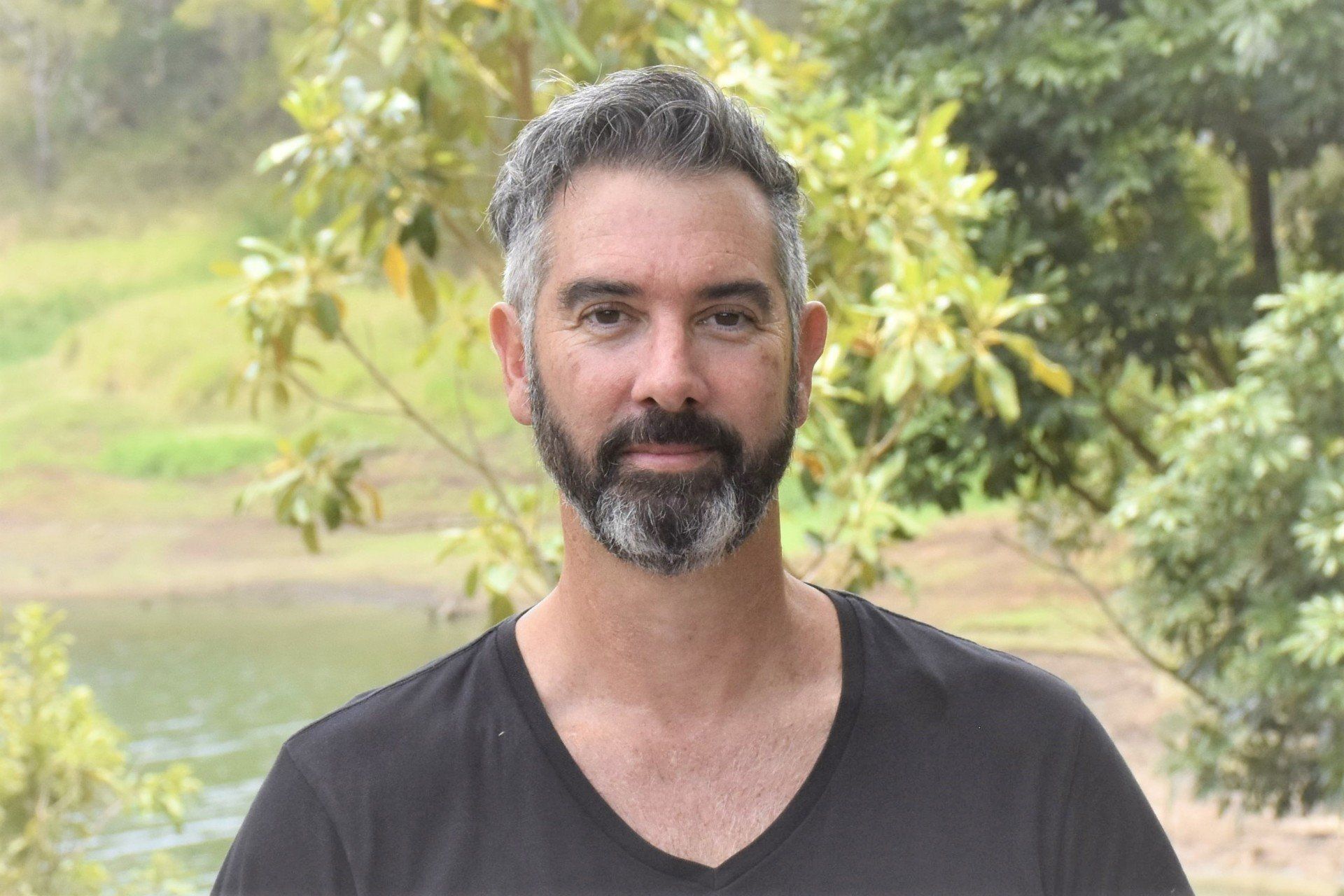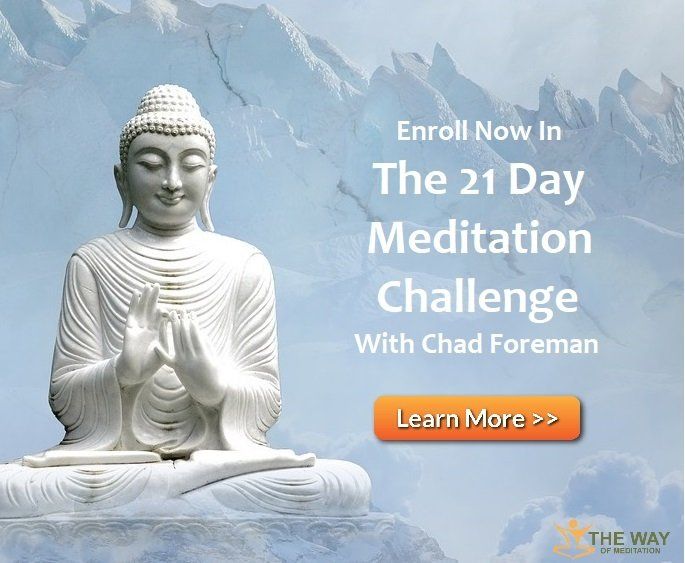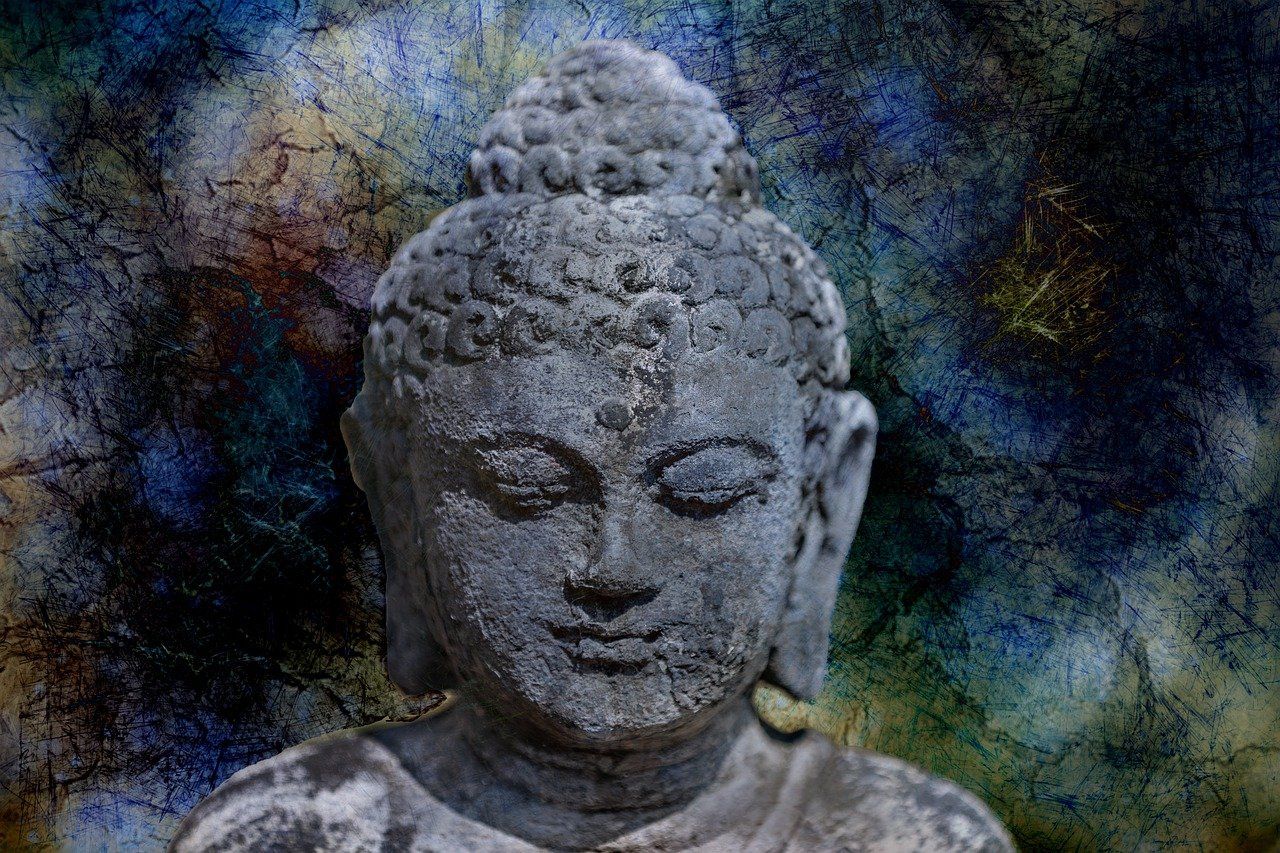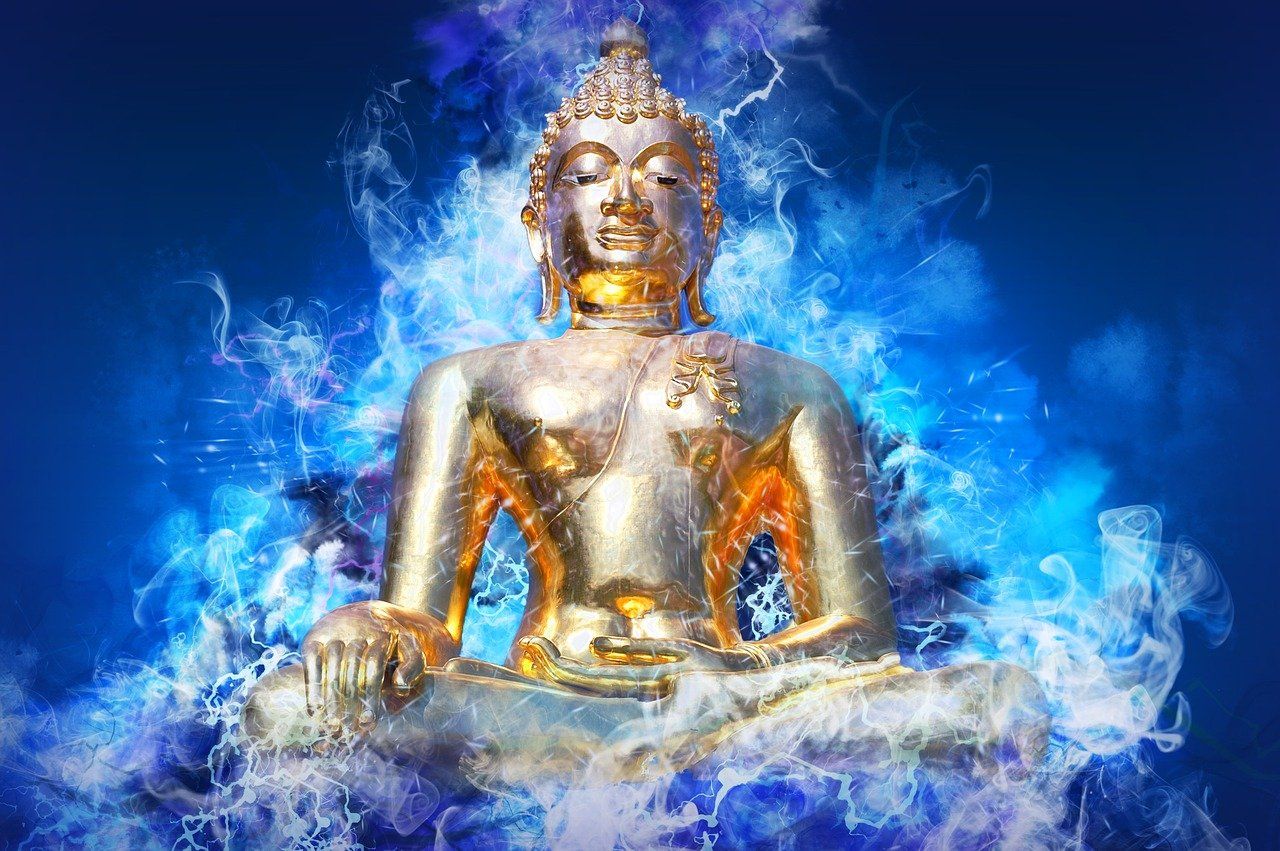How To Find Perfect Balance Through Meditation
Balance is a great word to describe a way of life that is healthy and going with the flow of natural forces. Everything is constantly changing nothing stays the same for long, Alan Watts suggests the best way to handle this situation is to plunge right in and enjoy the dance; moving with the constant changes whilst remaining happy, healthy and centred.
Just like the theory of balance doesn’t help you ride a skateboard you need to jump on and feel your way through it, spiritual practice should not be overly intellectual but instead be the lived experience of timeless truths, which requires doing not just understanding, practice not just contemplation.
To find your centre in meditation you should not be too far forward or back, not too far left or right. To get a feel for this centre of balance, after taking your seat, rock your upper body gently around from side to side and front to back and until you settle into that place exactly in the middle. This is a great way to relax and let go of tension too and when you get used to doing this you get a feel for your centre and after a few seconds of gently rocking your body you will naturally come to rest in your centre of gravity.
The perfect posture reflects the state of mind that you are trying to accommodate in meditation: alert relaxation. You are sitting up straight which is being alert and you are at ease in your centre of gravity which is being relaxed or effortless.
This is why in Buddhist meditation the first thing you do after you have found your posture is set your motivation to be kind to all sentient beings equally and to help all sentient beings be free from suffering and find happiness. This is often done in the form of a prayer called the four immeasurable truths. I can testify that this prayers helps enormously to settle your mind and put you in the most positive and loving state possible to do meditation. It is not possible to relax totally and find balance if you are harbouring a grudge toward someone. Forgiveness allows you to find the peace you deserve.
Before the four immeasurable prayer comes the recognition that all sentient beings want happiness and they all want to avoid suffering and it is in this fundamental truth that we are all the same. Yes, we are all the same. Because you feel and realise this deep in your bones a natural urge to help others arises and this is the beginning of love and compassion and also your own inner peace.
The four immeasurables to recite before every meditation session are simply:
- May all beings be free from suffering and the causes of suffering
- May all beings have happiness and the causes for happiness
- May all beings treat each other equally and fairly without prejudice
- & May all beings find the highest happiness of enlightenment as quickly as possible
It is something that has to be experienced through practice and not just understood intellectually. The traditional way to train in this state of mind is to be able to be aware through introspection, whether you are too agitated or if you are too dull or sleepy. Everyone who has meditated before has experienced these too extremes of meditation either falling asleep or just too agitated to put your thoughts down.
The remedy for either being too dull and sleepy or being too excited and agitated is alertness and relaxation respectively. If you are falling asleep or drifting into a blank dullness you need to alert yourself, wake yourself up, straighten your posture, even opening your eyes slightly and gazing at the floor, or in extreme cases getting up and walking mindfully for a couple of minutes before settling back into a sitting posture.
When you are too agitated, following every thought and too excited about things, even excited you are meditating, the remedy is relaxing yourself. Breathing deeply and slowly consciously dropping and relaxing your shoulders, relaxing other body parts including face muscles, and re-focussing on your object whether its your breath, body sensations or a mantra. Refocus, let go and relax.
The perfect balance is relaxed but not sleepy, alert but not tense. Through becoming our own meditation guide, we realise what remedy to apply and when. The key is not to over do it, adjust yourself and then refocus on your meditation and let go.
Often we hear about detachment and being the witness in meditative practice but joining the dance is embodying the present moment completely not just standing back and watching it. Zen Master Suzuki suggests to own everything in the now as being yours. Not in a possessive or restrictive way but as in a total embodiment of the now, a total acceptance that everything is you. When you do not deny anything you can find your balance in the centre of the reality of the moment.
There is no easy way to describe this state, in fact it is the highest state of meditation called Samadhi meditation which is becoming one with everything. The small ego separating you from the world dissolves to reveal a flow of oneness. There is no holding back in this flow, jump right in and join the dance. See things as they are not as you would like them to be and adjust yourself to find balance.
In reality you are not as separate from the world as your senses may assume. You are the earth, the water and the air, you are the fire of motivation and the flow of the wind. By accepting everything as yourself you become sensitive to the world, become sensitive to extremes and can easily adjust yourself skilfully within the constant dance of the elements to effortlessly find your balance.
Written by Chad Foreman
Chad Foreman is the founder of The Way of Meditation, has been teaching meditation since 2003, determined to bring authentic meditation practices into the lives of millions of people in the modern world. Chad is a former Buddhist monk who spent 6 years living in a retreat hut studying and practicing meditation full time and has now has over twenty years’ experience teaching meditation. Chad holds regular Meditation Retreats on the Sunshine Coast Australia, has Online Meditation Coaching, delivers three online programs - The 21 Day Meditation Challenge to help guide people gradually from the basics of mindfulness and relaxation to profound states of awareness. Breath-work to help manage stress and go deeper into meditation and The Bliss of Inner Fire which is a Buddhist tantric method for purifying energy blocks and contacting the clear light of bliss. You can also now get Chad's free e-book Insights Along the Way.
Get A FREE
Guided Meditation Series
with Chad Foreman
